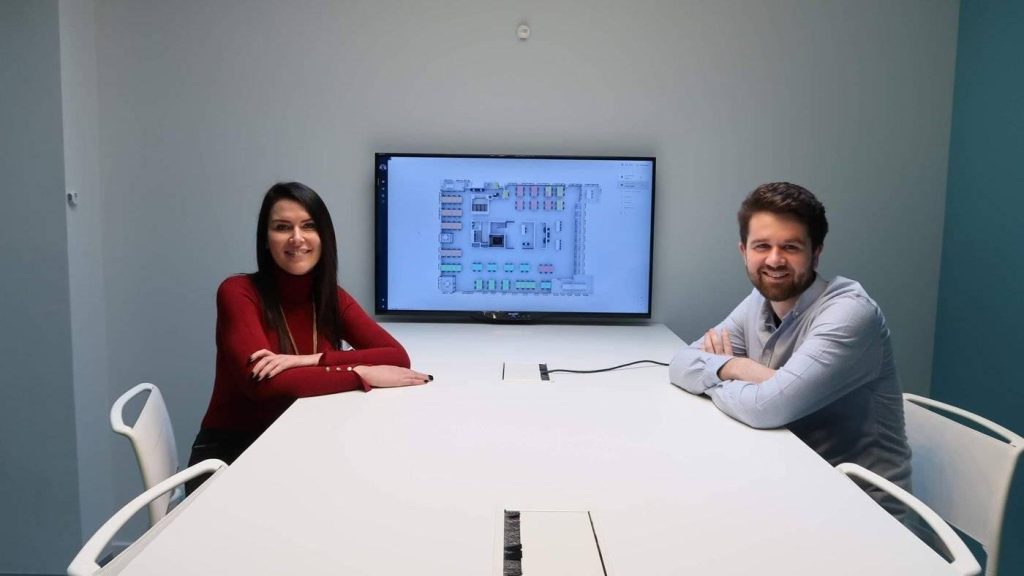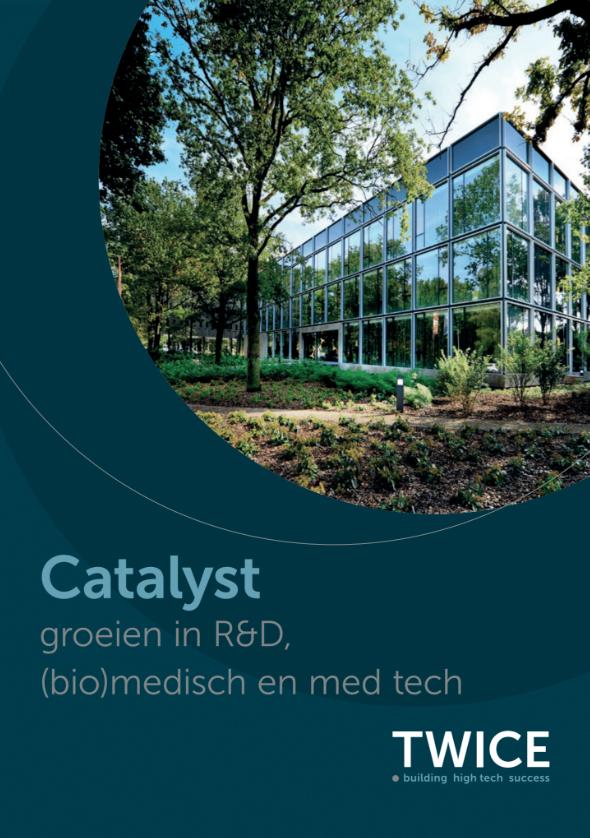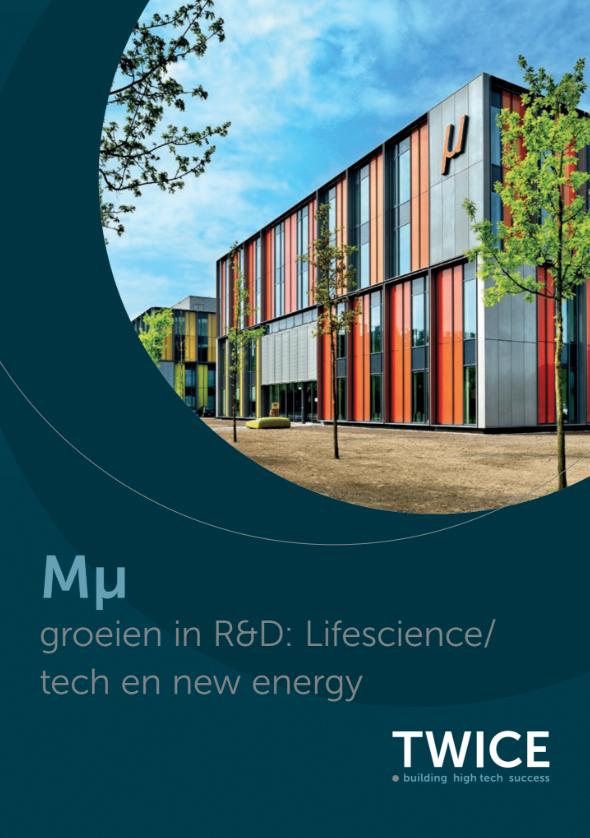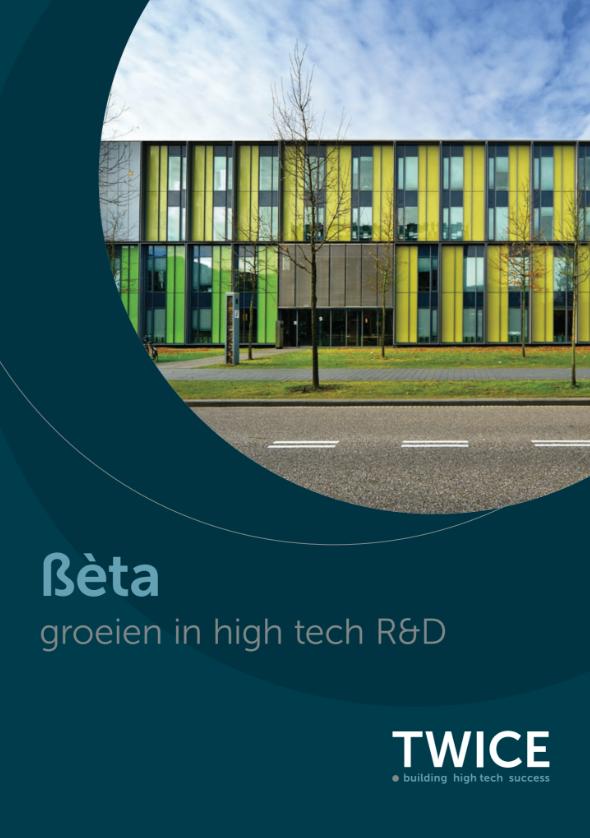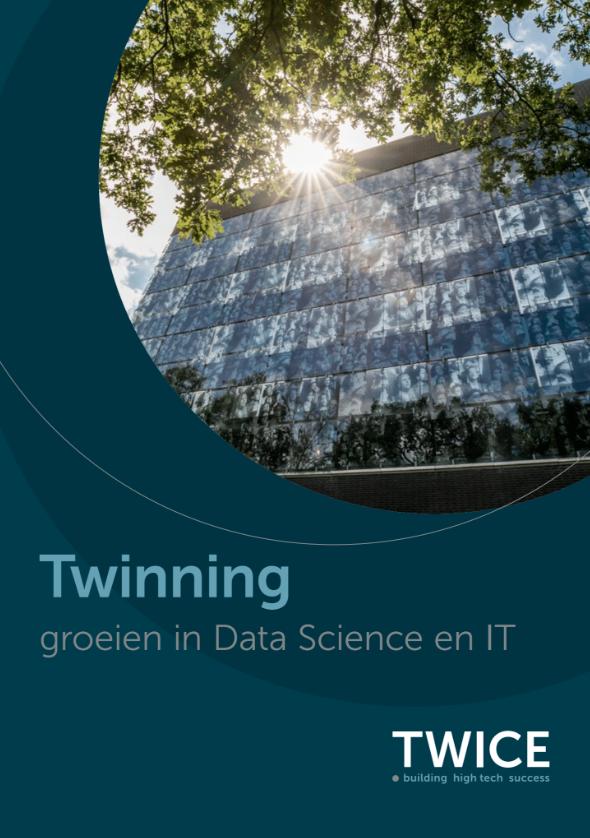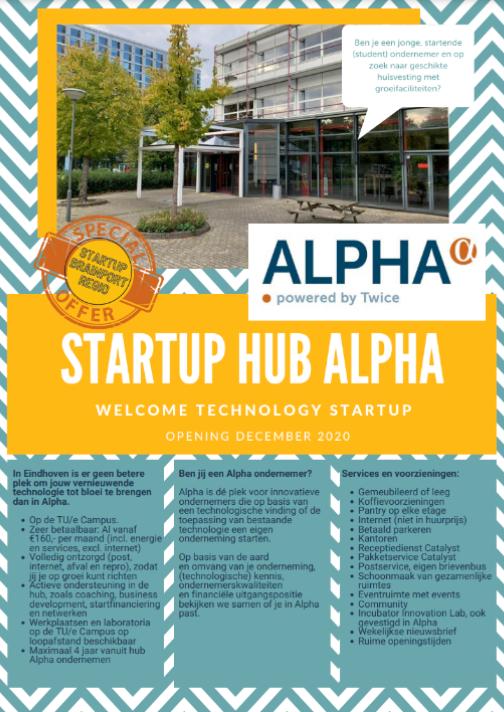Plenty in the news these times: focus on healthy vital employees. Soon the new Work Place Vitality Hub (WPVH for short) will be launched, located on the 2nd floor in HTCE85. A place where the partners Fontys, Imec, TNO, TU/e, Twice and HTCE work together with partners/participants from business and government on research and development of smart technological solutions to achieve a vital work environment (employees and healthy(er) buildings). A place where plenty of experimentation will take place in an open innovation system with concrete experiments and showcases at a top location: the High Tech Campus in Eindhoven. The aim is to make validated vitality solutions and the underlying technologies available to public and private parties in the region and beyond. Good for healthy satisfied employees, and good for companies for low absenteeism. Curious about the outcomes or want to participate? Send a message.
Spacewell, located in hub Beta at the HTCE, is also constantly researching new digital solutions. They specialize in smart buildings. In an article this week in Bloovi, Maarten Vincke and Steffi Piers talk more about it. Read on!
Gone are the days when an office building was just four walls of offices. Our way of working is evolving, we are more flexible than ever - hello, working from home! - and so are our buildings. "In recent years, architects and project developers have increasingly taken into account that an office building must be able to evolve with a company. The spaces must be flexible and be able to be rearranged according to the changing needs of the organization," says Maarten Vyncke, account manager at Spacewell. "That's a good evolution, but in many buildings it also stops there."
Too bad, because nowadays you can get much more out of an office building than just that flexibility. "You can make a building work for you," agree Vyncke and his colleague Steffi Piers. And that goes a long way at Spacewell. From maintenance to organization of workspace or lunch: the systems they develop ensure efficiency throughout the building and in different areas.
Working efficiently
That way, the facility manager no longer has to remember when it's time for the annual check of, say, the smoke detectors or fire extinguishers. "Our software automatically sends out a notification," Piers explains. "That can go to someone in the internal maintenance department, or an external party that the company has appointed for that check. The maintenance of machinery in a factory can also be properly managed this way. No one can forget, the notification is automatic, and the right person can schedule the maintenance right away. No more manual time-consuming intermediate steps are needed. It's just a much smoother way of working."
Better use of costs
Efficient and convenient, sure. But more is possible: employees can reserve their workplace or meeting space in advance through Spacewell's system. So this also allows facility managers to see which spaces are or are not being used. "Based on that data, they can take action," says Vyncke. If it turns out that entire rooms are hardly or not used, then perhaps the heating does not need to be on there. Or still: can't that extra space be rented out to another company? "There are clearly profit opportunities here for organizations," Vyncke adds.
Employees also easily indicate via the reservation form whether they will eat lunch in the company restaurant, and which meal they prefer. "If you share that data with your caterer, you ensure that they only have to provide the food they need. No food waste from meals that aren't consumed AND serious savings for your company if you only order what is needed," Piers says.
But not everything has to be a direct savings; sometimes making better use of your costs is also interesting. The data Spacewell collects is quickly shared with outside parties. The advantage? Those parties can better tailor their services to the needs of the organization. "Take the cleaning crew," Piers cites. "If you give those people insight into the workstations that were used or not used that day, they can adjust their work schedule accordingly," she explains. "There shouldn't be cleaning at a desk where no one has been sitting, lol."
Ensuring safety
Working more efficiently, cutting costs or using costs better: so companies can benefit quite a bit from smart technology. But perhaps the greatest benefit is that it also allows an organization to create a better working environment for employees. "Our sensor technology measures air quality, temperature and CO2 levels," Vyncke says. "You can literally make your building healthier by monitoring that data. But you also just make people happy when they can choose and reserve their own workspace. To give another example, someone who gets cold easily can sit in an environment where it's warmer. Conversely, a warm-blooded soul can choose a window seat, where it's usually a little cooler."
The corona crisis and a smart building
We can't get away from it: "The corona crisis showed how good it is to have a smart building," Vyncke believes. "We have adapted existing technologies so that they respond perfectly to the current health crisis. Building managers can ensure that certain workplaces cannot be reserved so that the distance rule is guaranteed. Or they get a notification when, for example, there are too many people at the coffee machine. That way they can intervene quickly. People want to return to the office, but only if it can be done safely. With our software, we guarantee that."
Feeling at home
At Spacewell, they are finding that the corona crisis is making more business leaders think about their office spaces. "Companies planning to move to a new building are now asking us if we can build 'worst case scenarios' into the system. In the next crisis, they want the office building to be ready for what's coming, so people can stay safe and sound at work," Piers said.
But," her colleague picks up, "this changing mindset has not only been initiated by corona. Over the past three years, it is noticeable that companies are dwelling more on how they can bring efficiency by leveraging data on the one hand, and how they can bring more comfort to their employees on the other. They realize that a healthy and pleasant environment where an employee feels at home and happy is simply crucial."
Companies realize that a healthy and pleasant environment where an employee feels at home and happy is simply crucial."
